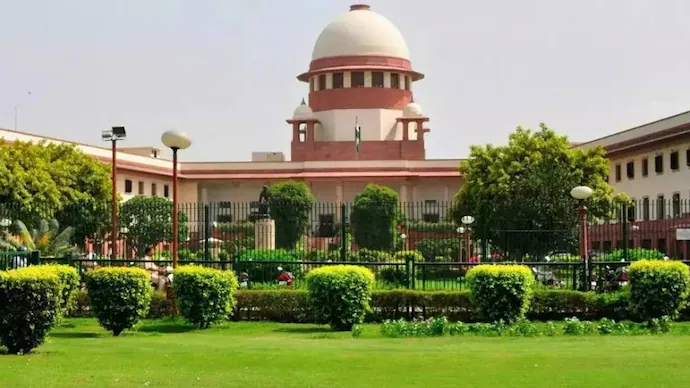
New Delhi: The Supreme Court on Tuesday said that the West Bengal Government cannot stop women doctors from working on night shifts.
A bench led by Chief Justice of DY Chandrachud and also comprising justices JB Pardiwala and Manoj Misra made these remarks when it was informed about the West Government decision to prevent women on working night shifts and beyond 12 hours.
The court made these remarks when it was hearing on suo motu petition on the rape and murder of a doctor in state-run RG Kar Medical College and Hospital in Kolkata, West Bengal
The court questioned the West Bengal Government notification that barred women for doing night duties and women doctors cannot working beyond a 12-hour-shift.
However Senior Advocate Kapil Sibal, appearing for WB Govt, said that they will remove it. Senior Advocate Sibal for WB also said that it was temporarily and a part of recent security measures.
The top court said women do not want concessions, but equal opportunities and women doctors are willing to work in all conditions.
The top court also said that it is state duty to provide safety to women doctors.
Meanwhile, the top court was apprised by the Senior Advocate Sibal that Chief Minister Mamta Banerjee has assured that no punitive or adverse action will be taken against the doctors who will return to the works.
The Supreme Court expressed unhappiness with a lawyer and his application seeking the resignation of West Bengal CM Mamata Banerjee and said this is not a political forum.
When the lawyer continued his submission, the top court warned he would remove him from the court.
“This is not a political forum alright,” the court said and further added that one has to abide by rules of legal discipline. “We are not here to see what you feel about a political functionary,” the top court said.
Solicitor General Tushar Mehta informed Supreme Court that the victim name and photograph is present in wikipedia platform. The top court directed wikipedia to comply with previous direction and remove the identity of the victim from its platform.
SC said in the interest of maintaining the dignity of the victim, the governing principle is that the identity of rape of the victim should not be disclosed.




